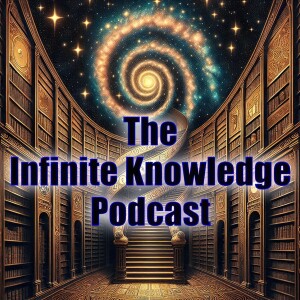Wednesday Oct 30, 2024
Deception and how to resist being deceived - Psychology, Philosophy, and Religion based tips

In this audio essay episode, the speaker delves into the ways deception permeates human interactions and the importance of resisting it through the wisdom offered by psychology, philosophy, and religion. Deception varies from harmless social pretenses to harmful manipulations, posing risks to safety, trust, and decision-making. The psychological approach highlights the need for critical thinking to overcome cognitive biases like confirmation bias, which skews perception and judgment. Philosophy contributes by advocating for parrhesia, encouraging frank and fearless truth-telling supported by epistemic virtues such as intellectual humility. Religious texts provide additional insights into discernment, patience, and the active engagement with reality, with Biblical parables serving as metaphors for the challenges of distinguishing truth from falsehood.
The essay asserts that unveiling deceit entails a multi-faceted approach that includes understanding human cognition, scrutinizing incentive structures in economics, and drawing wisdom from spiritual texts. Metacognition, falsifiability, and recognizing cognitive dissonance are crucial strategies for dissecting deceptive information. Game theory concepts like the Prisoner's Dilemma underscore the complexities of trust, calling for strategies that guard against deception. Integrating these diverse perspectives, from philosophical inquiry and economic models to spiritual guidance, equips us with a robust toolkit for discernment. In combating deception, we must cultivate a keen mind, clear thought, and pure intention, unifying the principles of different disciplines to strengthen our mental defenses and navigate closer to truth within the labyrinth of human interactions.
Comments (0)
To leave or reply to comments, please download free Podbean or
No Comments
To leave or reply to comments,
please download free Podbean App.